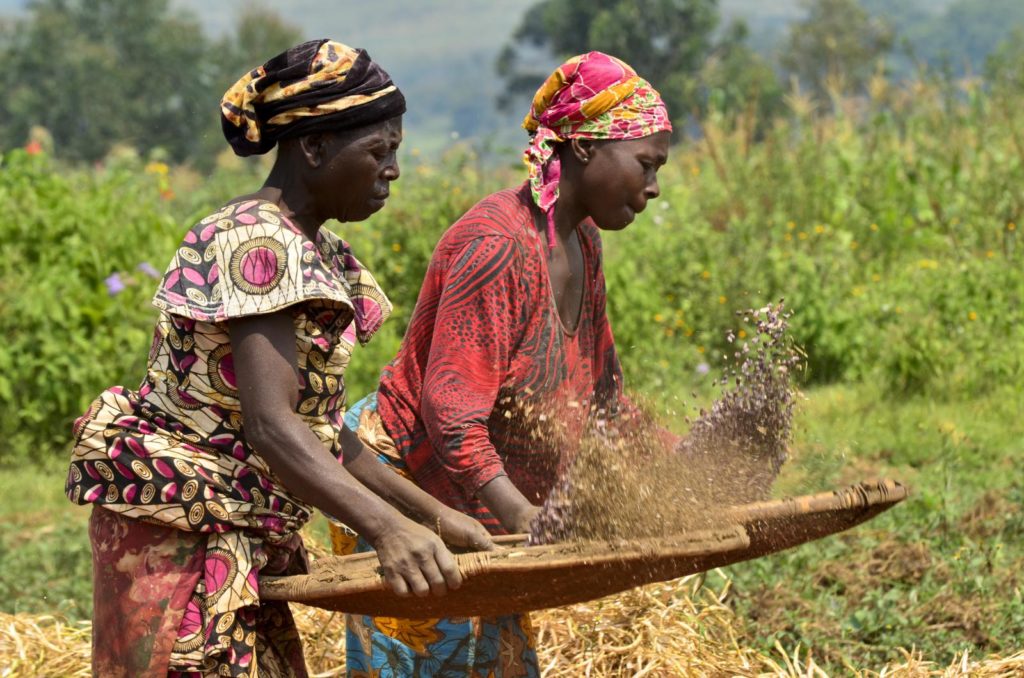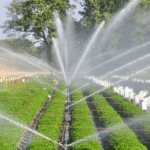For many of Nigeria’s small-scale farmers, access to agricultural finance is a major headache—more so for female farmers. A review by the African Development reports that less than 10% of the credit made available to smallholders gets to women.
Despite comprising a significant share of the workforce, women farmers typically face challenges ranging from insufficient funding to limited access to land.
This discrepancy is not unique to Nigeria. Around the world, only 15% of agricultural landholders are women, as social and cultural norms continue to restrict their land rights.
In response, a rising crop of financial institutions are offering more inclusive, risk-sharing approaches that help to close these inequalities.
One such is the Alternative Bank, with an agricultural funding scheme that caters to Nigerian women and youth.
The outlet offers a partnership model where both the profits and risks are shared, unlike traditional banks that typically demand collateral. Priority is given to groups often excluded in commercial agriculture.
The bank partners with development institutions and local cooperatives to unlock funding opportunities and market access for farmers under its scheme.
Farmers selected through this initiative not only receive interest-free funding but also business training in value chains.
Along with these, several projects across the country are boosting efficiency for women and youths with resources like vehicles and agricultural inputs.
In Kano, for instance, over 100 rural women received tricycles to enhance both income generation and community safety.
Similarly, Kaduna State boosted its ginger cultivation, linking women farmers to structured markets and pricing systems.
These projects align with broader efforts to improve food insecurity challenges in vulnerable states.
National initiatives are also rising to bridge this inequality. Nigeria’s National Gender Policy in Agriculture, for example, aims to ensure equity in agricultural participation.
In a similar vein, the Development Bank of Nigeria and the Bank of Agriculture are providing non-collateral lending for young agripreneurs, opening the door to inclusivity and sustainability.
Despite this progress, inadequate logistics and infrastructure—as well as the programmes’ low uptake in rural areas—pose a threat.
Besides, without a sustainable means of funding, many businesses may run out of steam once the support ends.
Nonetheless, this growth in risk-sharing agricultural finance reflects an important step toward equity and social transformation.
Summary not available at this time.






